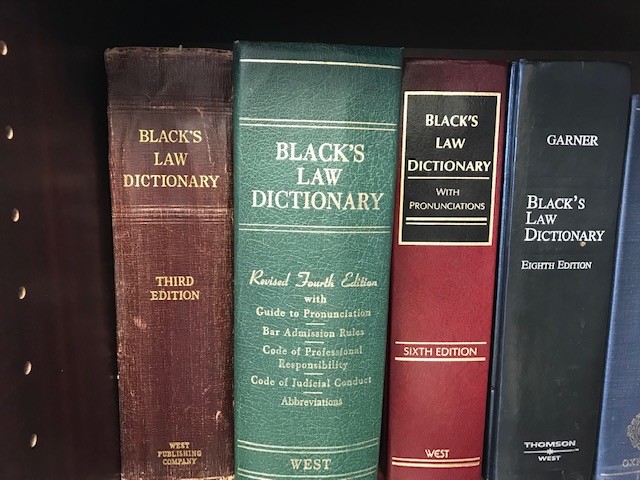When delving into legal studies or practice, one inevitably encounters a variety of legal dictionaries, each tailored to specific jurisdictions and legal traditions. Among these, Black’s Law Dictionary is a prominent and widely respected resource, especially in the United States. However, a pertinent question arises: how relevant is Black’s Law Dictionary in the English legal system?

Understanding Black’s Law Dictionary
Black’s Law Dictionary, first published in 1891 by Henry Campbell Black, has become a cornerstone in American legal education and practice. It provides comprehensive definitions of legal terms and concepts specific to U.S. law, covering a wide array of legal fields. Its authoritative explanations make it an indispensable resource for American lawyers, judges, and law students.
Relevance in the English Legal System
The English legal system, while sharing common roots with the American legal system, operates under a different set of laws, procedures, and terminologies. Legal professionals in England and Wales primarily rely on dictionaries and resources that cater to their specific legal framework, such as:
- Stroud’s Judicial Dictionary: This resource offers definitions and interpretations of terms within the context of English law, often citing judicial decisions to provide context and clarity.
- Jowitt’s Dictionary of English Law: Another key resource, providing detailed explanations tailored to the English legal landscape.
Comparative Law and International Contexts
While Black’s Law Dictionary is not a primary resource in the English legal system, it does hold relevance in certain contexts:
Comparative Law: For legal scholars and practitioners engaged in comparative law studies, Black’s Law Dictionary offers valuable insights into American legal concepts. Understanding these differences and similarities can enhance cross-jurisdictional legal practice and research.
International Law: In cases involving international or transnational legal matters, especially those where U.S. law is applicable, Black’s Law Dictionary can provide crucial definitions and interpretations. This is particularly relevant in areas such as international business transactions, where entities might be governed by multiple legal systems.
Educational Resource: For students and academics, Black’s Law Dictionary can serve as a supplementary tool to gain a broader perspective on how different legal systems approach similar concepts. This broader understanding is beneficial for those pursuing careers in international law or working with multinational corporations.
Legal Personhood: A Key Concept
One significant concept where Black’s Law Dictionary and English law intersect is the idea of a legal person. According to Black’s Law Dictionary, a legal person is an entity recognised by law as having rights and duties. This includes not only natural persons (individual human beings) but also artificial persons such as corporations, governmental bodies, and non-governmental organisations.
In English law, this concept is equally fundamental. Legal personhood allows entities to own property, enter into contracts, sue, and be sued, akin to natural persons. For example, under the Companies Act 2006, corporations are treated as separate legal entities, independent from their shareholders. This principle was solidified in the landmark case Salomon v. A Salomon & Co Ltd (1897), which established that a company has a separate legal personality from its owners.
Recognising legal personhood is crucial for the functioning of modern legal and economic systems, facilitating commerce, governance, and societal organisation by providing a framework for entities to engage in legal activities.
Read about Challenging Ambiguity in Legal Personhood and Criminal Law
Conclusion
In summary, while Black’s Law Dictionary is not directly relevant or commonly used within the English legal system, its value cannot be entirely discounted. It plays a supportive role in comparative law studies, international legal practices, and as an educational resource. Legal professionals in England and Wales primarily rely on resources like Stroud’s Judicial Dictionary and Jowitt’s Dictionary of English Law for precise definitions and interpretations tailored to their jurisdiction. However, the comprehensive nature of Black’s Law Dictionary ensures its continued utility in a globally interconnected legal environment, particularly regarding foundational concepts like legal personhood.
